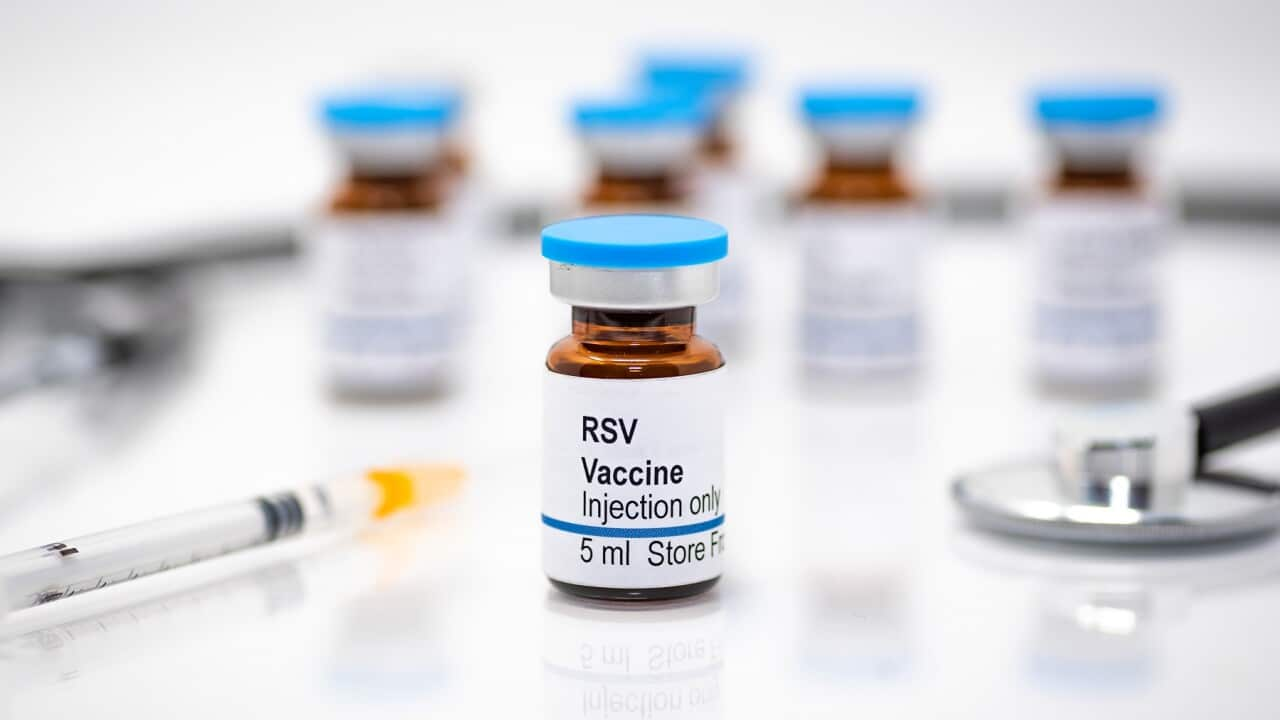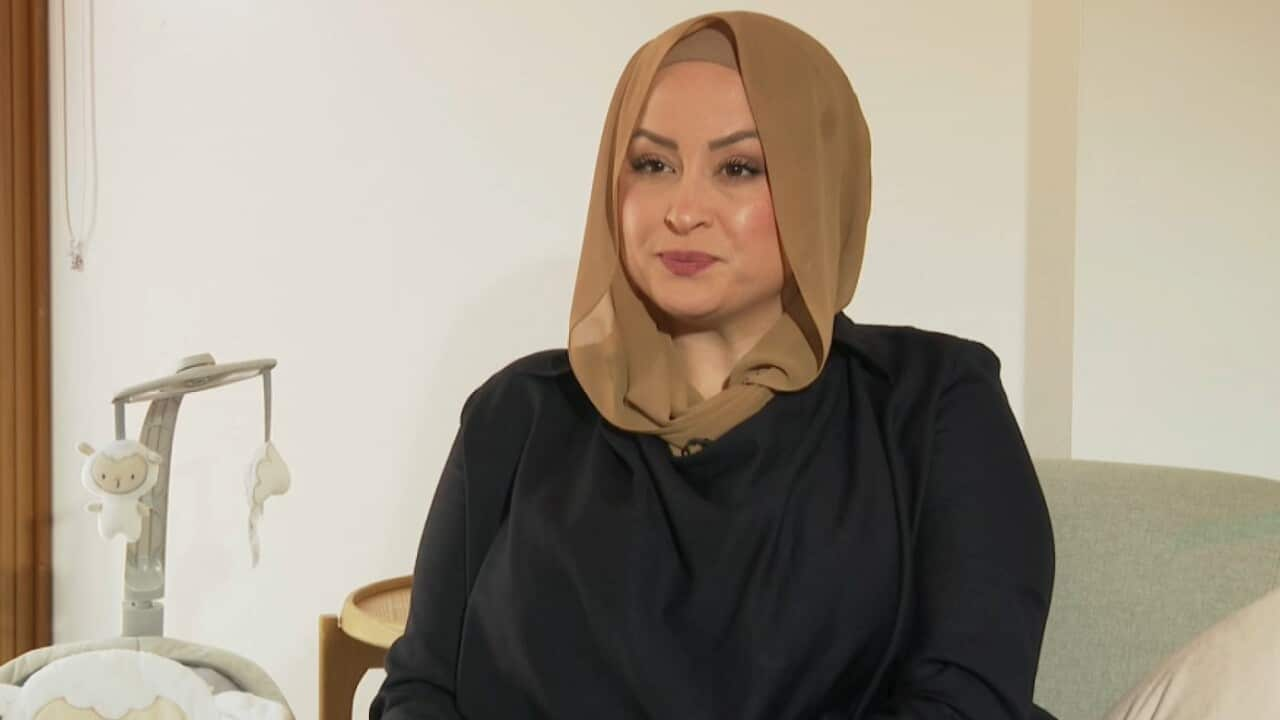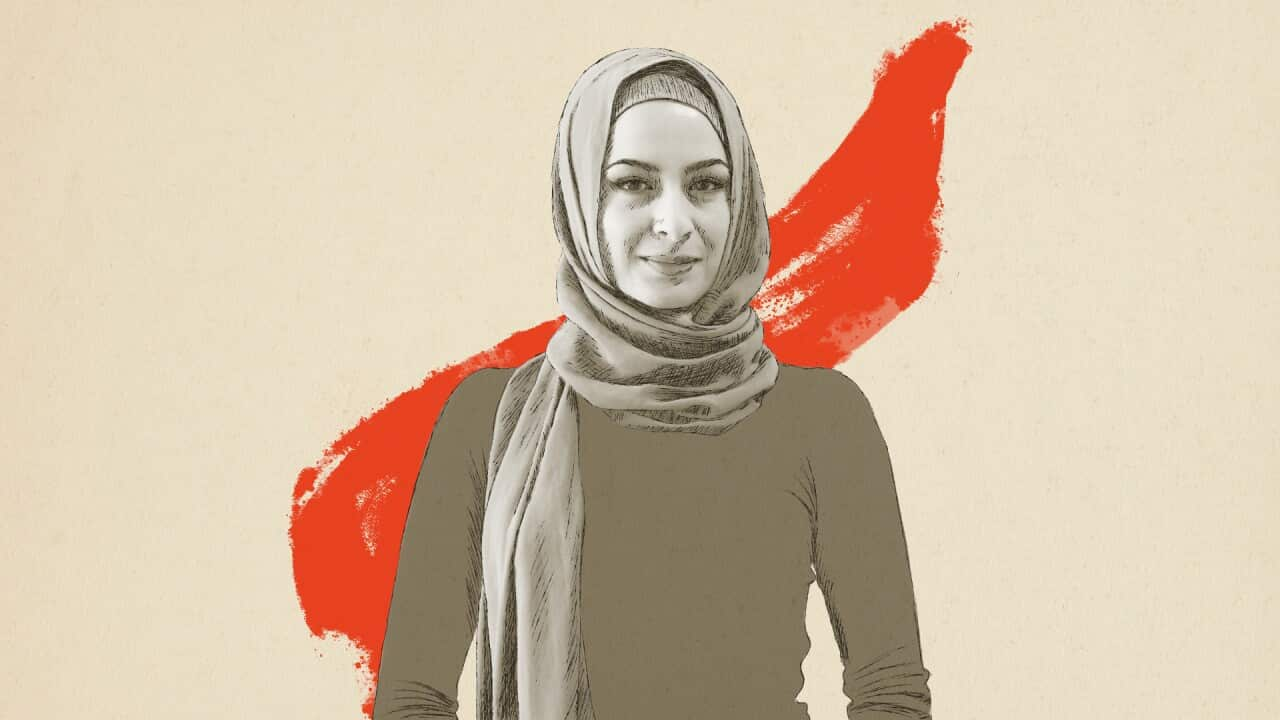TRANSCRIPT
Gambling affects everyone differently.
For some, it affects their finances but for others, it’s a lot more than dollars.
GambleAware Central Sydney’s Senior Clinical Supervising Psychologist, Dr Christopher Hunt, says more people should be thinking about all the costs of gambling.
“We want people to take a step back and look at the big picture around their gambling and think about what it's costing them not just in terms of financial impacts but also in terms of their mental and physical health, the impact on their work, and whether or not it's causing tension at home.”
Problem gambling is a major public policy issue in Australia, affecting the health and wellbeing of many individuals and families.
Australians lose around $25 billion on gambling every year, the largest per capita losses in the world.
A survey by the Australian Gambling Research Centre found 73 per cent of Australian adults spent money on gambling at least once in the last 12 months to March, and 38 per cent gambled at least weekly.
It also revealed that among those who gambled, almost half - around 46 per cent - were classified as being at some risk of gambling harm.
Gamble Aware Counsellor Alice Russell says the financial impact of gambling can be extreme.
"They have a huge impact on people's lives that can lead to them losing their homes because they prioritise paying for gambling over their rent or their utilities (power and water). It varies greatly person to person and it often develops slowly so people find that they are spending money on gambling. As they get drawn in more and more - and I have to stress this is not everybody - but as they get drawn in more and more they may borrow money to pay their basic expenses. Then they may start to neglect paying their rent or their utilities and the next thing they know they find that they might be at risk of being evicted from their property or they have debt collectors chasing them."
And Dr Hunt says gamblers are at risk of a lot more than just financial stress.
"Obviously gambling can have a devastating financial impact on individuals. But beyond that it can also impact people in a variety of different ways. So people might be distracted at work or fall behind with their studies because they're spending time and money gambling. It might cause tension with their loved ones, their family members, their partners; and it might impact their mental health as they might be experiencing depression, anxiety and stress, and potentially even their physical health, if they're not eating right, if their sleep is suffering, and they're not able to take care of their medical appointments."
Tim Costello, Chief Advocate for the Alliance for Gambling Reform, says gambling is currently the greatest health problem in Australia.
"We are number one in gambling losses in the world - 40 per cent higher than the nation that comes second. And if you wonder why, it's because we've had the most irresponsible policies; 75 per cent of all the world's pokies in clubs and pubs are here in Australia. Most pokies elsewhere are in casinos, that's destination gambling, you've got to get there. Here, they're on every fourth block, and they're always open and people weren't intending to gamble, they were just intending to shop. And they have an extra half an hour on their parking and they're lured in. So gambling is our greatest public health issue."
Gambling does not only affect the individual, but also their families and social network.
The research suggest migrant community members in Australia are less likely to gamble, but those who do are more vulnerable to gambling harm.
Dr Hunt says people's cultural backgrounds can affect how they experience gambling harm.
"Whilst it's true that sometimes people from migrant communities might be less involved with gambling, we often find that people who are newly arrived in Australia often become quite heavily involved in gambling just because they might not have been exposed to it in their home country. And so that when they come here, they aren't aware of the harms that gambling could potentially cause which may lead them to become quite deeply involved in gambling and experiencing significant harm for them and their family. So we do encourage those from migrant backgrounds to take a look at their gambling, see if it is impacting on them and their family. And to reach out for support and help. "
Director of the Gambling Treatment and Research Clinic at the University of Sydney Professor Sally Gainsbury, hopes everyone can gamble safely.
"Everyone brings their own unique background, including their culture and their language and their family history when they're gambling. Everyone needs to think about when they are gambling, how it fits in with their culture, and the impacts of gambling, whether it's the affordability, the time spent, the types of activities they're doing, and the relationships they're having. We really encourage everyone to have a healthy relationship with gambling, which means ensuring that you have enough time and enough money to look after all the different aspects of your life. Gambling is only one part of a healthy recreational and entertainment activity. It's really important that everyone gambles in a way to ensure that they can keep up with all the other important things in their life. "













